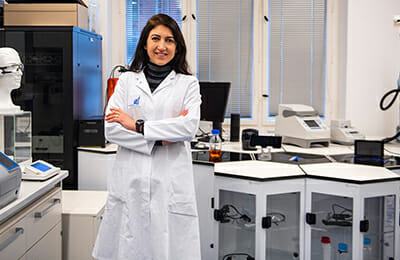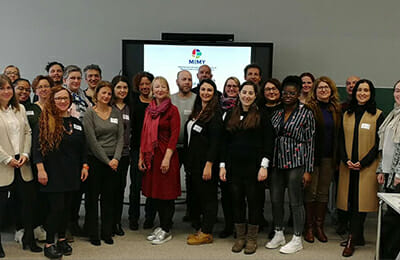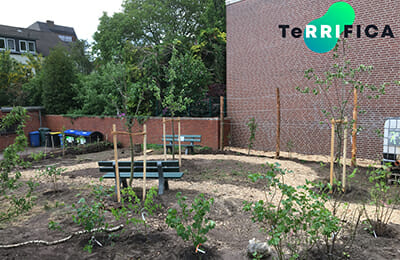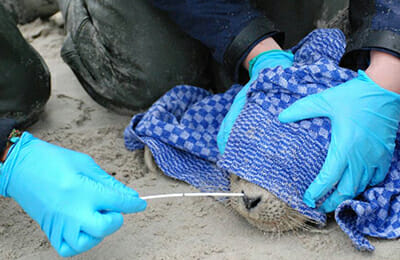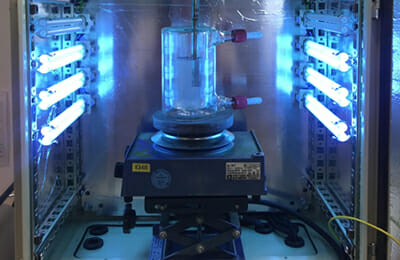DECADES – RESEARCH FOR THE DEVELOPMENT OF GREEN SOLVENTS FOR SUSTAINABLE BIOPROCESSES
The chemical industry is currently facing the challenging transformation of replacing classic, chemical manufacturing processes based on petroleum with sustainable, bio-based products, in line with the concept of a circular bioeconomy.

